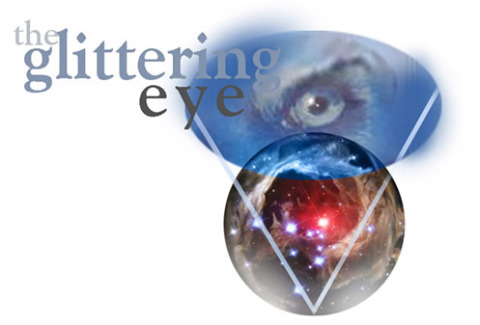After any organization reaches a certain size, it becomes a bureaucracy. That is true in representative democracies, authoritarian states, absolute monarchies, companies, churches, clubs, benevolent societies&mdaash;the lot. That “certain size” isn’t particularly big. That was true in Hammurabi’s time and it’s true today. The very small companies for which I’ve worked have not been bureaucracies but once a company reaches 50-100 employees it inevitably becomes a bureaucracy. Maybe there is some other way of organizing human enterprises but to the best of my knowledge it hasn’t been invented yet.
It takes Anne Lowrey quite a bit of verbiage to blame the complexity of dealing with federal or state agencies in her article at The Atlantic on racism but she gets there eventually. She calls the time, attention, and, frankly know-how that it takes to navigate bureaucies “the time tax”:
The time tax is also racist, a straightforward instantiation of bias against Black and Latino families. Racism was a primary reason that the United States did not create universal benefit systems, as many European countries did a century ago. Today, programs used disproportionately by Black Americans have more complicated enrollment criteria and more time-consuming application processes than programs used disproportionately by white Americans. An application for cash assistance might involve an in-person interview, a drug test, and ongoing compliance with a work mandate; one third of recipients are Black, and another third Hispanic. Setting up a 529 requires no application and has no annual litmus-testing; the program’s participants are overwhelmingly white. The Voting Rights Act of 1965 targeted “tests and devices,” such as a literacy tests, that discouraged voting among minority groups. Yet such “tests and devices” live on in the safety net.
In this way, the time tax undercuts public confidence in government, turning people away from civic life. People think that government cannot work, because government does not work. So what reasonable person would trust government to work? Uncle Sam “is making people’s lives difficult,” Jamila Michener, a professor of government at Cornell, told me.
I suspect that’s the very optimistic in its own way view of government held by many progressives. I wonder how they explain the complexities of such agencies in extremely homogeneous countries? Clearly, she has never been to a post office in Denmark.
Contrariwise I attribute “the time tax” to bureaucracies. The principles under which bureaucracies operate have been well-known for a century. They’re more like single-celled organisms than they are like either mustachio-twirling villains in Victorian melodramas or philosopher-kings. They only live to eat, reproduce, and keep on living. Their putative missions were largely forgotten long ago.
Don’t bother looking for the perfect, efficient benevolent government agency. They’re all the DMV.
Please don’t interpret my remarks as a condemnation of government. I believe that government is necessary. We need governments to secure personal rights, make markets possible, and to promote the common good. I just don’t expect much of it. I certainly don’t expect it to function flawlessly.








